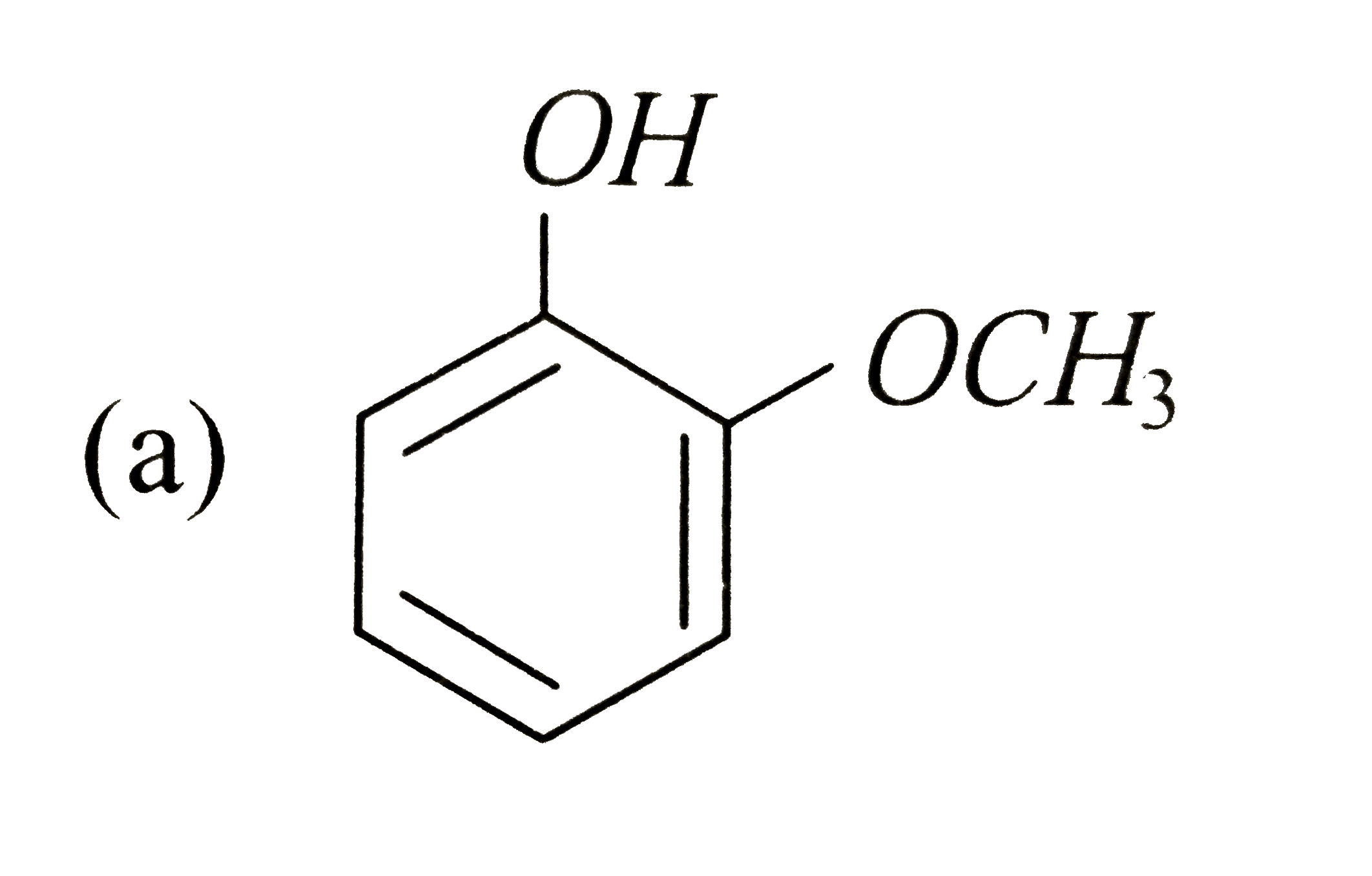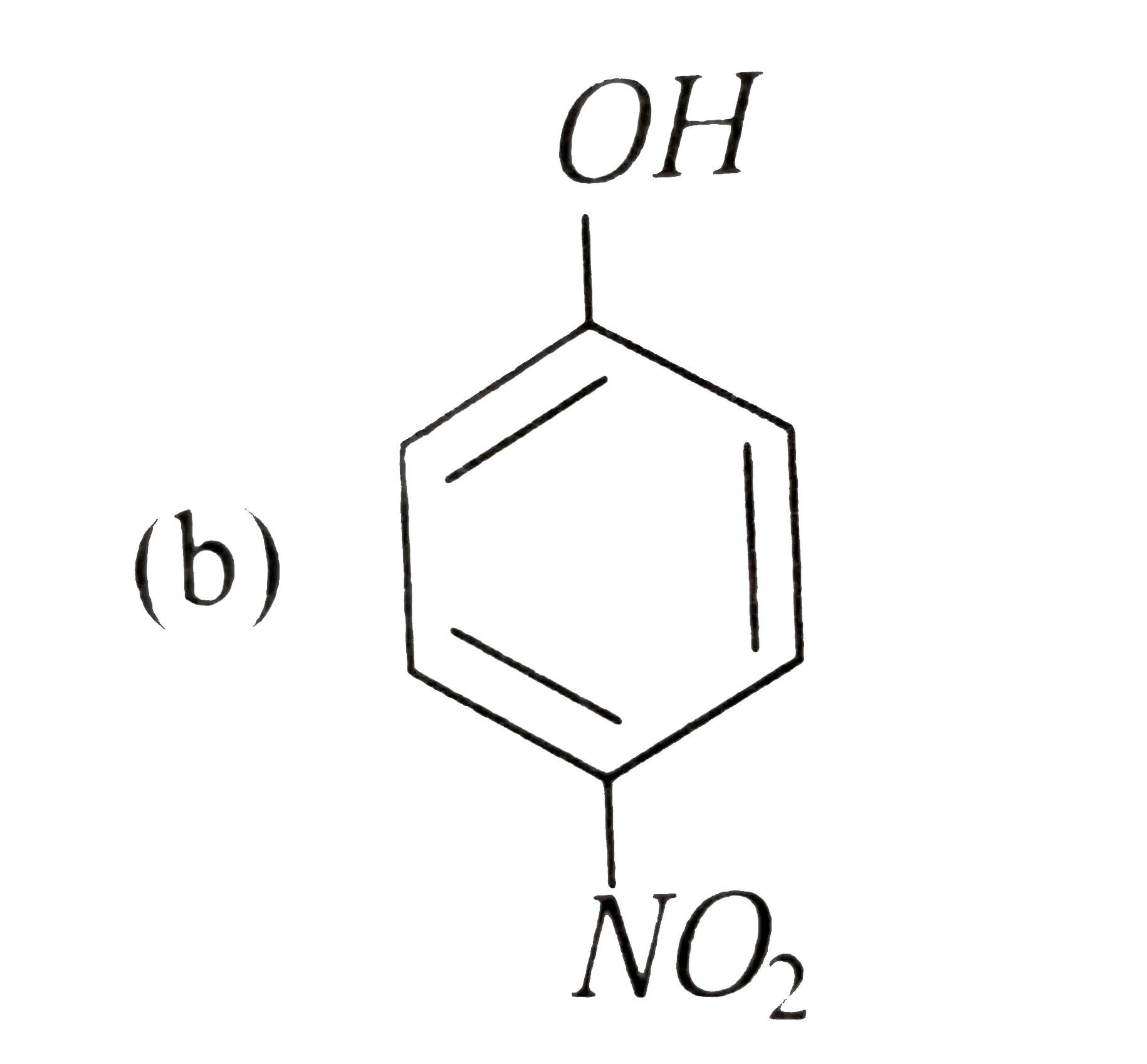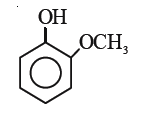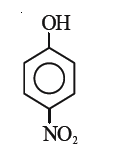A : Phenol does not react with NaHCO3 .
R : Phenol is less acidic than H2CO3
If both Assertion & Reason are true and the reason is the correct explanation of the assertion, then mark (1)
If both Assertion & Reason are true but the reason is not the correct explanation of the assertion, then mark (2)
If Assertion is true statement but Reason is false , then mark (3)
If both Assertion and Reason are false statements , then mark (4)
The correct Answer is:A
To analyze the assertion and reason provided in the question, we will break down the information step by step.
1. Understanding the Assertion:
- The assertion states that "Phenol does not react with NaHCO3."
- To evaluate this, we need to understand the nature of phenol and NaHCO3. NaHCO3 (sodium bicarbonate) is a weak base and can react with acids to form carbon dioxide, water, and a salt.
2. Understanding the Reaction:
- For a reaction to occur between phenol and NaHCO3, phenol must be acidic enough to donate a proton (H⁺) to NaHCO3.
- If phenol is less acidic than the acid that NaHCO3 can produce (which is carbonic acid, H2CO3), then phenol will not react.
3. Analyzing the Reason:
- The reason states that "Phenol is less acidic than H2CO3."
- This is indeed true. H2CO3 is a stronger acid compared to phenol. Therefore, phenol cannot donate a proton to NaHCO3 because H2CO3 would prefer to remain in its acidic form rather than dissociate.
4. Conclusion:
- Since phenol does not react with NaHCO3 due to its lower acidity compared to H2CO3, both the assertion and reason are true.
- Furthermore, the reason correctly explains why the assertion is true.
5. Final Answer:
- Both the assertion (A) and the reason (R) are true, and the reason is the correct explanation of the assertion.
- The assertion states that "Phenol does not react with NaHCO3."
- To evaluate this, we need to understand the nature of phenol and NaHCO3. NaHCO3 (sodium bicarbonate) is a weak base and can react with acids to form carbon dioxide, water, and a salt.
- For a reaction to occur between phenol and NaHCO3, phenol must be acidic enough to donate a proton (H⁺) to NaHCO3.
- If phenol is less acidic than the acid that NaHCO3 can produce (which is carbonic acid, H2CO3), then phenol will not react.
- The reason states that "Phenol is less acidic than H2CO3."
- This is indeed true. H2CO3 is a stronger acid compared to phenol. Therefore, phenol cannot donate a proton to NaHCO3 because H2CO3 would prefer to remain in its acidic form rather than dissociate.
- Since phenol does not react with NaHCO3 due to its lower acidity compared to H2CO3, both the assertion and reason are true.
- Furthermore, the reason correctly explains why the assertion is true.
- Both the assertion (A) and the reason (R) are true, and the reason is the correct explanation of the assertion.
Topper's Solved these Questions
- ALCOHOLS, PHENOLS AND ETHERSBOOK - AAKASH INSTITUTECHAPTER - ALCOHOLS, PHENOLS AND ETHERSEXERCISE - Assignment Section - C (Questions asked Prior to medical Ent. Exams. 2005)
13 Videos
- ALCOHOLS, PHENOLS AND ETHERS BOOK - AAKASH INSTITUTECHAPTER - ALCOHOLS, PHENOLS AND ETHERS EXERCISE - Try Yourself
5 Videos
Similar Questions
Knowledge Check
Phenols does not react with
Asodium bicarbonateBsodium hydroxideCpotassium hydroxideDferric chloridePhenol is more acidic than
A B
B CC2H2DBoth (a) and (c)
CC2H2DBoth (a) and (c)Phenol is more acidic than :
AC2H5OHBCH3COOHC D
D